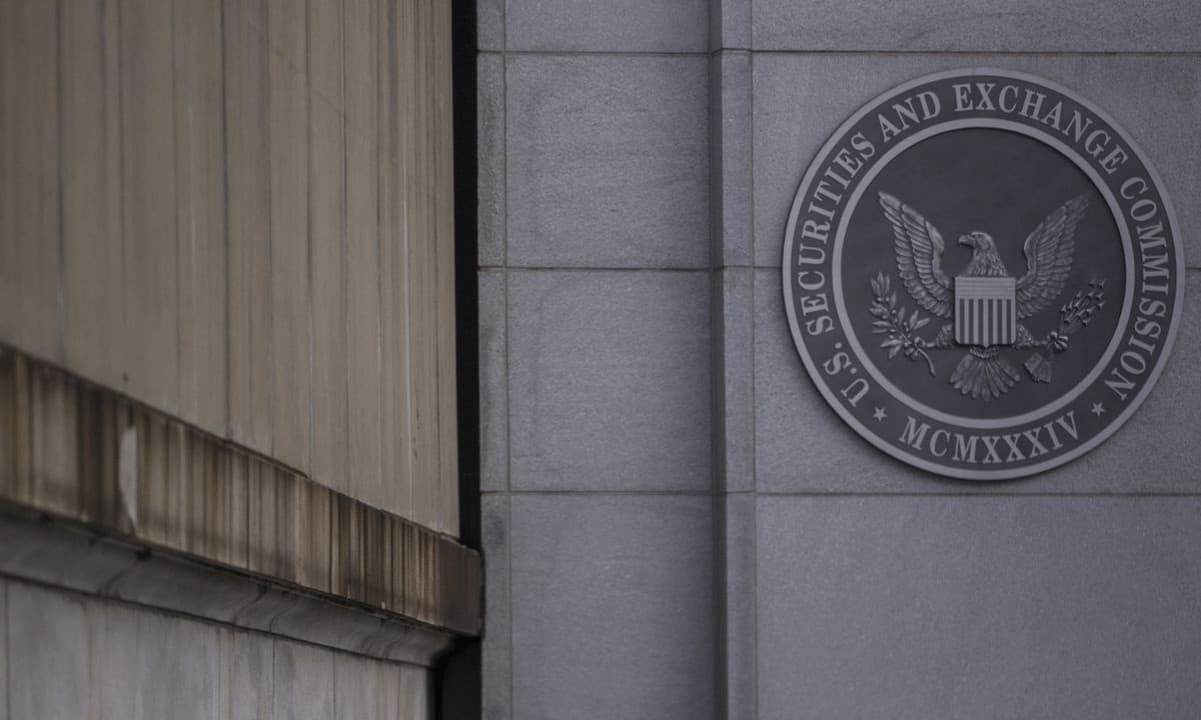SEC to Notify Crypto Businesses of Technical Violations Before Taking Action: Game-Changer for Industry

SEC shifts from enforcement-first to guidance-first approach—finally giving crypto firms a fighting chance to comply before facing the hammer.
The Warning Shot Heard 'Round Crypto
No more surprise raids or blindsided lawsuits. The SEC's new policy means regulators will actually communicate technical violation notices before pulling the trigger on enforcement actions. It's like getting a speed warning instead of an instant ticket—revolutionary for an agency that usually prefers the 'shoot first, ask questions later' approach.
Compliance Gets a Crypto Makeover
For an industry drowning in regulatory uncertainty, this move provides something rare: clarity. Businesses can now fix issues before they become federal cases. The change acknowledges that crypto regulations aren't exactly black and white—more like fifty shades of regulatory gray.
Wall Street's collective eye-roll almost caused a market dip—turns out traditional finance doesn't get the same 'friendly warnings' before enforcement actions. But hey, when has the SEC ever played fair across sectors?
SEC Chair Vows Softer Approach
Trump-appointed SEC Chair Paul Atkins told the Financial Times in an interview in Paris that the agency WOULD continue to pursue fraudsters but that there were “other gradations” that required notice. He criticized what he described as the SEC’s past habit of “bashing down doors” over minor violations, explaining that it would now stop treating technical mistakes with the same harshness.
Atkins believes that regulated businesses should have a chance to correct compliance issues before enforcement action is taken. He described his approach as an effort to fix what many saw as a lack of due process, proper notice, and rule of law in the commission’s work.
One of his criticisms is about the billions of dollars in fines handed out for record-keeping violations. He argued that the regulator’s actions were not guided by precedent or predictability and said, “That’s not how a regulator should have acted.” Atkins added that many people were right to bash the SEC in recent years for its methods.
The change is part of other efforts made by Republican regulators to reduce enforcement programs launched under Biden and reshape the agency into a more business-friendly body. Since January, the agency has dropped several cases against crypto platforms, including Binance, Coinbase, and Ripple, among others.
Crypto Regulation Goals
The official also talked about his plans for digital asset regulation, explaining that he wants to fulfill Trump’s promise to make the United States the crypto capital of the world.
Former SEC Chair Gary Gensler’s tenure was marked by fines and lawsuits against banks, brokers, and crypto firms. He also maintained the view that most digital assets qualified as securities and resisted calls to establish crypto-specific rules. On the other hand, Atkins believes that most tokens are not securities and supports legislation that would let investors trade tokenized shares and bonds using blockchain technology.
He cited the 2022 collapse of FTX as an example of why domestic oversight is important. Many investors in the Bahamas-based exchange lost money, but customers of its regulated U.S. derivatives arm were reimbursed because it operated under official safeguards.
The 32-year-old said the financial watchdog has intentions of making rules for smart contracts and tokenized securities and warned companies already offering trading in such U.S. stocks to move carefully while the commission works on these standards.

